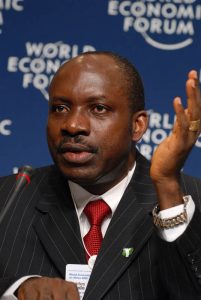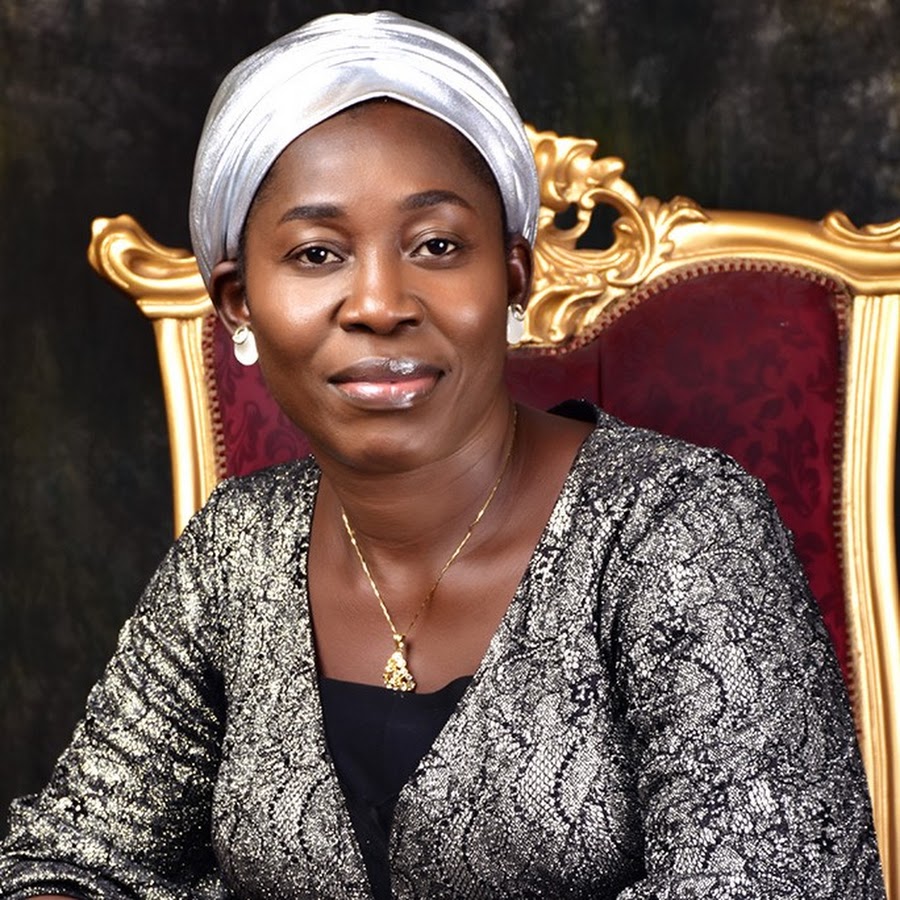Chukwuma Soludo, a professor of economic and a former governor of the Central Bank of Nigeria, CBN, has said the size of nation’s Gross Domestic Product has shrunk from about $575 billion to about $354 billion.
Soludo said this on Friday, March 10, 2017 in Lagos at an economic talk shop, organised by the Vanguard newspapers.
The talk shop which had other panelists such as Adams Oshiomhole, immediate former governor of Edo State, Dr. Kayode Fayemi, a former governor of Ekiti State and minister of steel and solid minerals, Issa Aremu, the deputy president of the Nigerian Labour Congress was moderated by Fola Adeola, the founding managing director of Guaranty Trust Bank.
The talk shop had the theme: The Hard Facts to Rescue the Nigerian Economy.
Soludo in his keynote speech said that the shrunk GDP was arrived at using the official exchange rate of N304 to the dollar.
In his estimation, the GDP is even much lower— $232 billion—, using the parallel market exchange rate..
“In the previous 16 years, Nigeria’s GDP more than doubled in US dollar terms.
“But in less than two years, depending on the exchange rate you use, we have more than reduced the value to less than 50 per cent of what we met, in less than two years, in US dollar terms.
“We would get out of recession any moment from now, with oil price increasing.
“But it would be a miracle if the government is able to return the GDP in US dollar terms back to the level it met it, even by 2023.”
He commended the Federal Government on the unveiling of the Economic Recovery and Growth Plan (ERGP).
Soludo said that the ERGP could still be expanded on how the economic diversification can be actualised..
“But it would take all hands to be on the deck to be able to pull out.,” he said.
He said that the present government had tried in blocking loopholes and stopping insurgency but solving the foreign exchange volatilities had remained a challenge.
“To be fair, this government inherited a bad economy.
“The previous government had an unprecedented rate of debt accumulation, even at a time of unprecedented oil boom and was even depleting our foreign reserves instead of doubling the reserves.
“Insecurity, especially in the north-east was very high, and corruption was pervasive,” he added.

Soludo also said that the situation called for a state of emergency with a progressive plan to lay the foundation for a post-oil economy.
According to him, the foreign exchange control has damaged business confidence and private investments, with massive capital flight.
He said that it had also driven the macro economy into recession making most macro variables worsened in the last two years.
He said the Inflation rate has increased about nine per cent to about 19 per cent, unemployment from 7.5 per cent to 14 per cent.
“Market capitalisation of the Nigerian Stock Exchange from N11 trillion to about N8.65 trillion.
“Poverty is escalating and the youth agitation increasing,” he added.
He stressed that the present economic situation has made business confidence to remain very low at -29, while competitive index also remained low.
Others, he said were the depleted foreign reserves and current account balance being negative.
Besides, he noted that the nation’s sovereign credit ratings had worsened and workers’ wages had dramatically shrunk with high inflationary pressure.
Soludo said, “What people don’t understand is that when workers are owed and are paid in arrears as done in many states, you have effectively reduced his nominal wage for the year.
“Paradoxically, Nigeria’s rank on the corruption index remains unchanged at 136th position, while its ranking on the Fragile States Index has worsened.
“We are now in the red alert category of fragile states. Many economic agents had lost count of how many exchange rates operates.
“We would get out of recession any moment from now, with oil price increasing.
“But it would be a miracle if the government is able to return the GDP in US dollar terms back to the level it met it, even by 2023.” (NAN)










